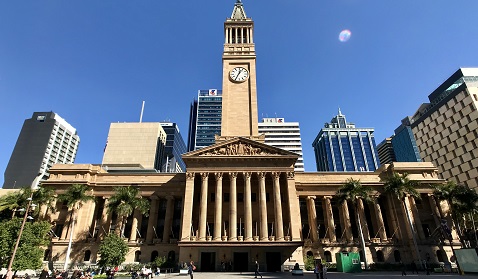Metropolitan governance structures must allow for a greater role for local government if urban growth and development are to be managed more effectively.
According to the Australian Housing and Urban Research Institute (AHURI), present and emergent models of metropolitan governance have not emphasised participation or democratic impulses at the local or metropolitan levels, even though the community possesses the strongest influence on metropolitan governance.
A new AHURI report, Local government co-ordination: metropolitan governance in 21st century Australia, argues that the tendency of state governments to dominate metropolitan-scale governance inhibits the collaboration and engagement across all tiers of government needed to effectively manage and plan these regions.
“There has been a trend towards removing (planning) powers from local government and shifting power towards state governments … effectively casting local government in the role of ‘line manager’ … [this] has consequences for legitimacy and scope of action,” the report says.
The report’s authors, who include researchers from RMIT University and the University of South Australia, contend that there are many examples of informal and bottom-up strategic coordination of local government that emphasise advocacy, and coordination of specific issues (including major projects).
“Although often informal or ad hoc, [these] existing experiments in local government can offer examples of how to strengthen and improve government coordination on a metropolitan level,” the report says.
“Urban development and growth in Australia do not adhere with local or state government administrative boundaries, particularly in relation to complex issues such as climate change, urban habitat, transport infrastructure, water and waste management and energy transitions.
“The interconnected nature and increasing complexity of Australian metropolitan governance raises critical questions about the existing political fragmentation and multiplicity of boundaries, functions and government services that often replicate and compete with one another.
“The metropolitan challenge in Australia is to find governance approaches and mechanisms that are not only fit for purpose, but are also democratically defensible, adhere to the core principles of equity and transparency, and include an emphasis on recognising local need and difference,” the report concludes.
AHURI will present the researchers’ findings at a webinar on 24 March at 11am (AEDT).
Liz de Chastel, Senior Policy Adviser from the Australian Local Government Association (ALGA), will then present an industry response, which will be followed by an audience Q&A session.
Click here to register.



